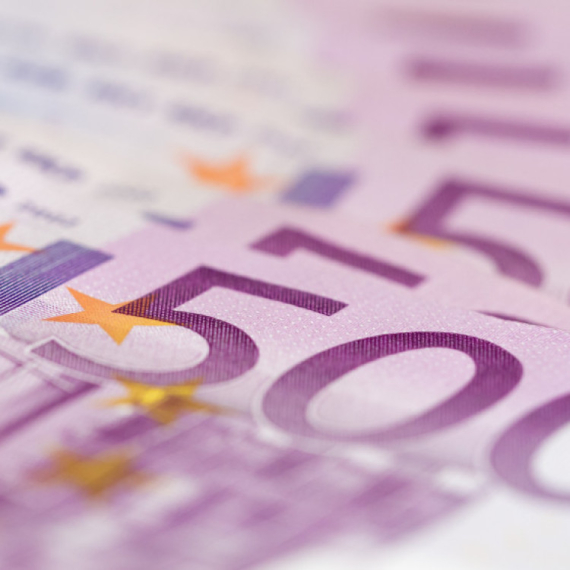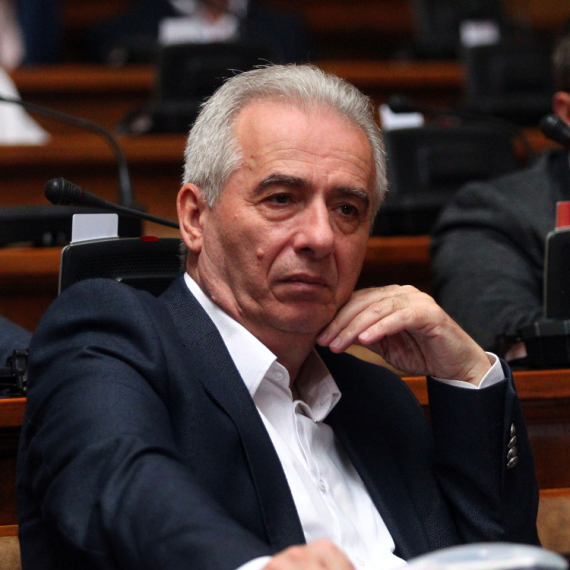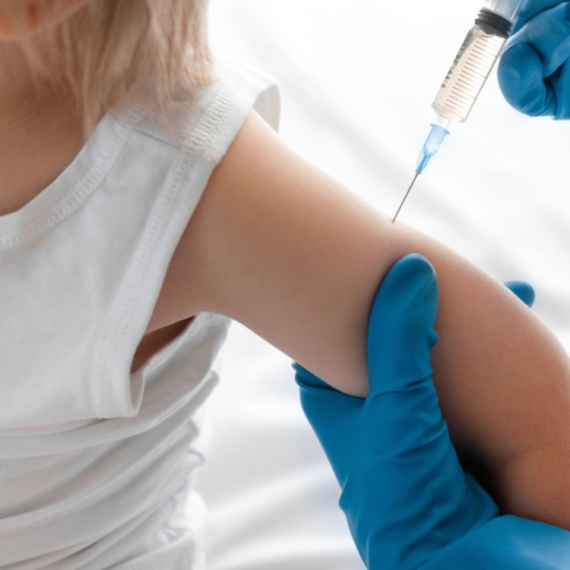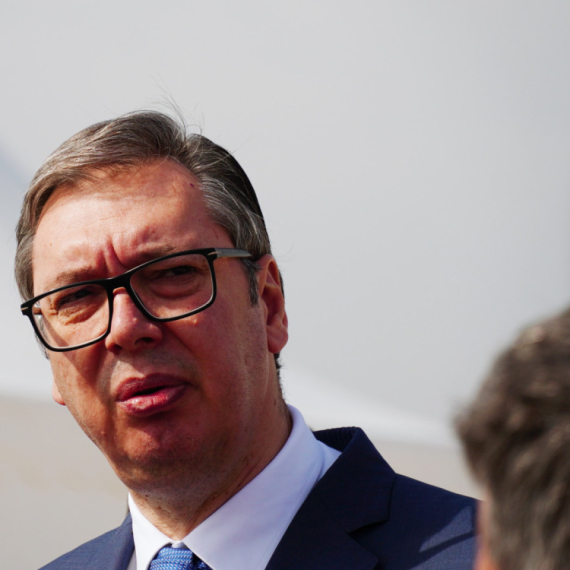Women still discriminated in many areas of life
Even though the number of women in politics is increasing, they are still discriminated against in many areas of life.
Friday, 08.03.2013.
15:19

BELGRADE Even though the number of women in politics is increasing, they are still discriminated against in many areas of life. The Serbian government is determined to do more regarding the issue of gender equality, a gathering in Belgrade heard on Friday. Women still discriminated in many areas of life Energy, Development and Environment Protection Minister Zorana Mihajlovic has stated that March 8, the International Women’s Day, should not be the only day when gender equality and ways to equalize men and women’s rights, primarily in the labor market, are discussed. She stressed that there were 32 percent of women in Serbia’s political life and that one quarter of ministers in the Serbian government were women. Mihajlovic noted that the figures were higher than ever but that things looked differently in everyday life because a person’s gender still determined whether they would do a certain job instead of their knowledge, professionalism and experience. The minister stressed that she had no problems with discrimination in the government but that she had experienced it in her previous work positions. Labor, Employment and Social Policy Ministry’s State Secretary Stana Bozovic pointed out that polls showed that the situation regarding gender equality in Serbia’s executive authorities was worse than in the EU member states and some countries of the former Yugoslavia. She noted that 26 percent of cabinet members were women, adding that the government had five female ministers but that there were only nine female state secretaries as opposed to 40 male ones. Bozovic added that the number of female and male assistant ministers was almost the same but that the situation was worse in local self-governments and certain ministries. Health Minister Slavica Djukic-Dejanovic told reporters that women themselves bore some responsibility for their number in high-profile positions. When asked if time has come to have a female president or prime minister in Serbia, she said that the “moment is already here” and that it was just a coincidence that men were currently in those positions. “It is decent that leaders who are competing are the first candidates but the answer to the question whether there are women who could do those jobs properly is that there is no dilemma for me, I know such women,” Djukic-Dejanovic pointed out. When asked if she had ever had problems because she was a woman during her political career, she said she had not. Serbian parliament Secretary General Jana Ljubicic pointed out that the parliament had adopted a series of gender equality bills and that parliament now had the highest number of female members since the multi-party system had been introduced. She explained that parliament only had four female MPs in 1991 while the number was 82 today, adding that women made up a majority in parliamentary committees. “This is not enough for us, we will continue to promote women’s participation,” Ljubicic pointed out. Assistant Foreign Minister Ljubica Vasic said that the number of men and women in the ministry was balanced but that the situation was different when it came to top positions. She stressed that out of 561 diplomats, 265 were women, that out of 62 ambassadors 11 were women and that only five out of 15 consuls were women. “We need to be completely convinced that gender equality is one of important European standards, especially now that Serbia is on a stable pathway toward the EU,” she pointed out, adding that she expected the situation in the diplomacy to steadily improve. (Beta) Tanjug
Women still discriminated in many areas of life
Energy, Development and Environment Protection Minister Zorana Mihajlović has stated that March 8, the International Women’s Day, should not be the only day when gender equality and ways to equalize men and women’s rights, primarily in the labor market, are discussed.She stressed that there were 32 percent of women in Serbia’s political life and that one quarter of ministers in the Serbian government were women. Mihajlović noted that the figures were higher than ever but that things looked differently in everyday life because a person’s gender still determined whether they would do a certain job instead of their knowledge, professionalism and experience.
The minister stressed that she had no problems with discrimination in the government but that she had experienced it in her previous work positions.
Labor, Employment and Social Policy Ministry’s State Secretary Stana Božović pointed out that polls showed that the situation regarding gender equality in Serbia’s executive authorities was worse than in the EU member states and some countries of the former Yugoslavia.
She noted that 26 percent of cabinet members were women, adding that the government had five female ministers but that there were only nine female state secretaries as opposed to 40 male ones. Božović added that the number of female and male assistant ministers was almost the same but that the situation was worse in local self-governments and certain ministries.
Health Minister Slavica Đukić-Dejanović told reporters that women themselves bore some responsibility for their number in high-profile positions.
When asked if time has come to have a female president or prime minister in Serbia, she said that the “moment is already here” and that it was just a coincidence that men were currently in those positions.
“It is decent that leaders who are competing are the first candidates but the answer to the question whether there are women who could do those jobs properly is that there is no dilemma for me, I know such women,” Đukić-Dejanović pointed out.
When asked if she had ever had problems because she was a woman during her political career, she said she had not.
Serbian parliament Secretary General Jana Ljubičić pointed out that the parliament had adopted a series of gender equality bills and that parliament now had the highest number of female members since the multi-party system had been introduced.
She explained that parliament only had four female MPs in 1991 while the number was 82 today, adding that women made up a majority in parliamentary committees.
“This is not enough for us, we will continue to promote women’s participation,” Ljubičić pointed out.
Assistant Foreign Minister Ljubica Vasić said that the number of men and women in the ministry was balanced but that the situation was different when it came to top positions. She stressed that out of 561 diplomats, 265 were women, that out of 62 ambassadors 11 were women and that only five out of 15 consuls were women.
“We need to be completely convinced that gender equality is one of important European standards, especially now that Serbia is on a stable pathway toward the EU,” she pointed out, adding that she expected the situation in the diplomacy to steadily improve.









































Komentari 0